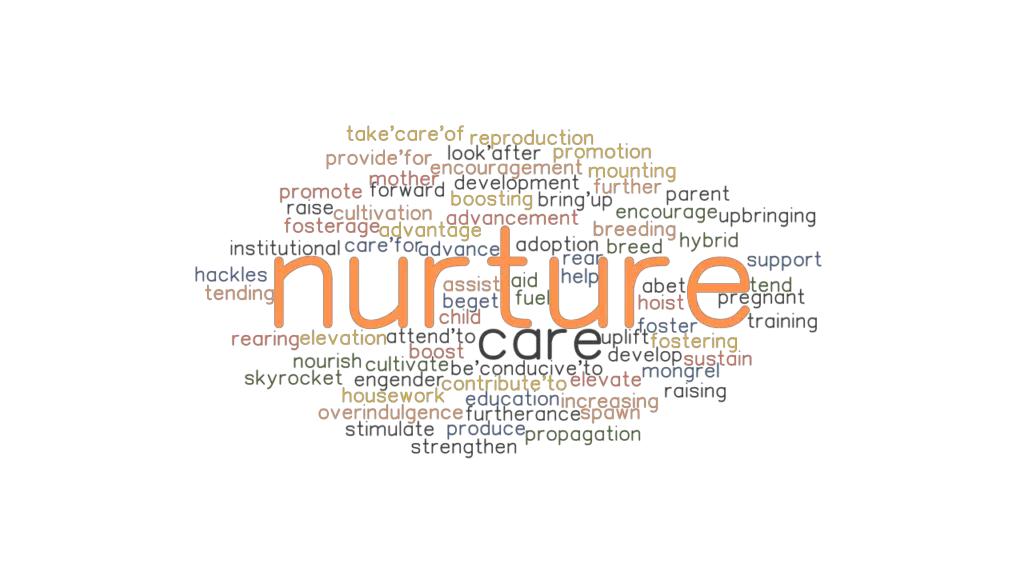

However, some universities and high schools give high-ability students the opportunity to participate in accelerated programs or ability groups. There are currently few local schools in Norway with curricula adapted to this group, few programs with opportunities for acceleration, and few ability groups for gifted adolescents who achieve highly. One of the most important factors in developing the potential of gifted students is meeting their academic needs ( Winner, 2000 Ziegler and Heller, 2000 Clark and Callow, 2002 Montgomery, 2009). The Official Norwegian report (2016) concludes that more research is needed on gifted children and high-achieving students within the Norwegian context as well as educational provisions and teacher competence with regard to this group ( Børte et al., 2016). In the last few years, more attention has been aimed at gifted education and gifted research. Although grouping students according to their ability in a specific subject has not been a traditional way of challenging high-achieving students in Scandinavia.

Empirical evidence suggests that the main element in fostering mathematically gifted students is learning opportunities ( Nadjafikhah et al., 2012 Hoth et al., 2017). Research indicates that teachers lack the relevant pedagogical skills and specific content skills to challenge highly gifted learners in school ( VanTassel-Baska and Stambaugh, 2005). Furthermore, teachers in the early years of school lack sufficient mathematical knowledge to challenge and support mathematically gifted students, students’ motivation for the subject is lower than expected, and boys’ self-concept seems to be higher than that of girls. For example, students do not receive sufficient challenges in math. The findings show that although some of the needs of high-ability students in Norway are being met, there is much work to be done before an optimal learning environment is established for these students. The aim of the study is to investigate whether the school system is able to provide an adequate learning environment for high-ability students, both in ordinary class and in ability groups. This study explores categories connected to the students’ motivation for the subject, challenges in school, peer and teacher relationships, and academic self-concept. All students were interviewed individually. This study uses semi-structured interviews to investigate how a group of 11 accelerated and ability-grouped high-ability students (gifted) in math have experienced school. The postulated negative effects of homogeneous ability groups on motivation and academic self-concept have long been debated. Schools in Norway often emphasize heterogeneous groups in education.


 0 kommentar(er)
0 kommentar(er)
